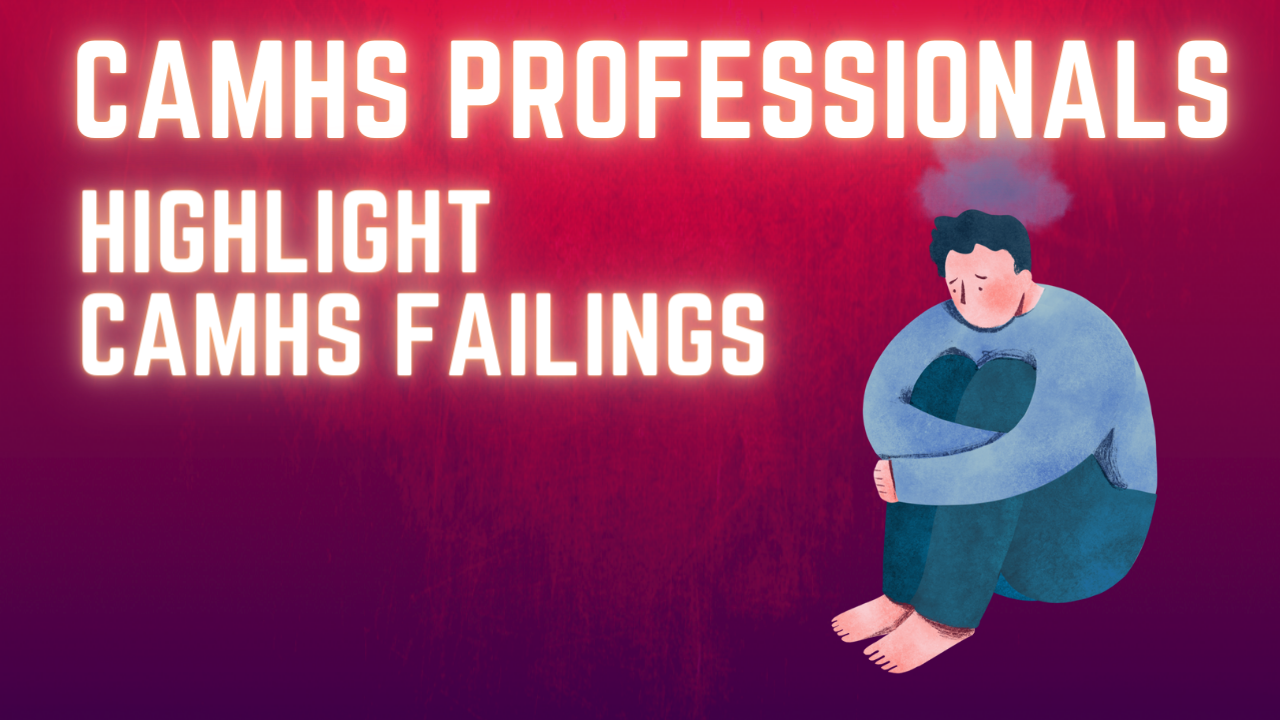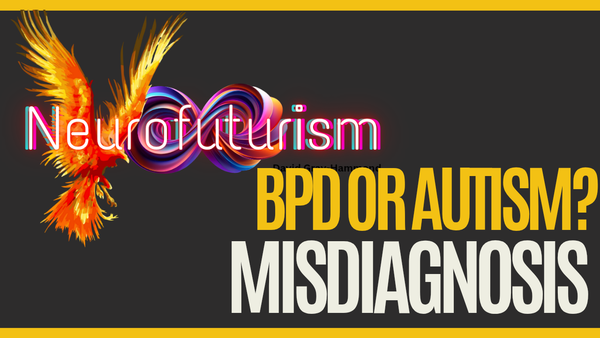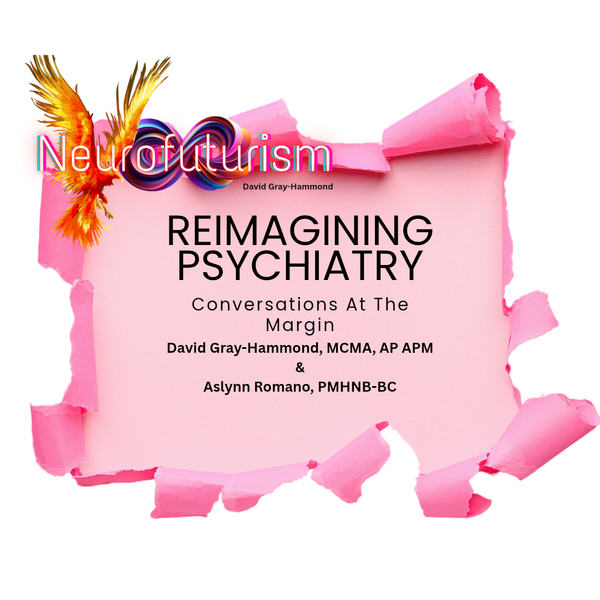CAMHS in the words of it's own staff

I have talked extensively of the failures of CAMHS (Child and Adolescent Mental Health Services) to support Autistic young people. There have been a great number of tragedies at the hands of a service that is not fit for purpose. I have explored my own experiences, parliamentary evidence, research, and the lived experiences of families involved with CAMHS. Sadly, I have also discussed inquests where young people have lost their lives. What I have not done yet is discuss the opinions of those staff working on the frontline of CAMHS. Now, thanks to a report from the Association of Child Psychotherapists (ACP), I intend to take a look at CAMHS in the context of the people working for it.
The Care Quality Commission has significant concerns
"Just this year, the Care Quality Commission (CQC) rated 39% (26 services) of specialist CAMHS as requiring improvement."
ACP Report (2018)
The Care Quality Commission is the regulating body for services in the mental health sector. Their findings were very worrying. the CQC gives four ratings:
- Outstanding
- Good
- Requires Improvement
- Inadequate
Almost 40% were rate inadequate, meaning that they were not performing as they should, and that they have been given instruction on how to improve. As of the 2021 State of Care report, the CQC still had significant concerns over CAMHS. That was 3 years after those ratings.
It is clear from these reports that something is incredibly broken. Services are failing to meet need, and seem incapable of providing timely and effective support.
CAMHS own staff have concerns that need to be addressed
"61% said that the main NHS service they work in was facing downsizing"
ACP Report (2018)
This particular statistic is unsurprising, and I believe it is reflective of ongoing political discourse that is leaning towards the gradual privatisation of the NHS and restriction of public funding for NHS services. Services can not afford to expand to meet need. This is concerning because services are downsizing while demand is increasing. This means that staff have larger caseloads to manage on fewer resources.
"72% said that the threshold for access to services has increased in the past 5 years"
ACP Report (2018)
Again, this statistic is unsurprising. Thresholds for access to services will inevitably rise in the absence of resources. The UK operates a crisis-driven intervention model. The issue with such models is that waiting until a young person is in crisis results in caseloads that require more resources that simply don't exist.
"33% described services as mostly inadequate or completely inadequate"
ACP Report (2018)
A third of surveyed CAMHS staff describe their own service as inadequate. To me, this is deeply concerning. Staff retention in inadequate services is going to be limited, resulting in inconsistency for young people. Not to mention that inadequate services may be doing more harm than good.
"64% reported negative changes in the number of practitioner posts, 62% in sessions
per client and 65% in the frequency of sessions"
ACP Report (2018)
This statistic tells me that staff numbers are reducing, alongside sessions with clients. This is happening at a time when CAMHS services are experiencing increasing demand. As demand increases, the service is at risk of sinking and taking young people with it.
"38% felt there had been a large negative change in staff morale"
ACP Report (2018)
I don't think I need to tell you that staff with low morale are going to be less effective than staff who are enjoying their job. We want passionate and engaged staff, instead we experience a culture of defensive practice and professional toxicity.
Something that stands out to me in these statistics is that a lot of attention is being given to staff feelings, with less thought to the young people suffering at the hands of ineffective and uncaring services. The primary concern should always be those accessing CAMHS, and yet there is no direct mention of this in the statistics.
What does the Children's Commissioner say about CAMHS?
According to the report for the 2021-22 period, the state of mental health services for children and young people is somewhat bleak.
"Of the 1.4 million children estimated to have a mental health disorder, less than half (48%)
received at least 1 contact with CYPMHS [Children and Young People's Mental Health Services] and 34% received at least 2 contacts with CYPMHS."
Children's Commissioner (2023)
Less than 700,000 of the 1.4 million children with a mental health problem have had any contact with CAMHS. This is concerning, particularly for Autistic children and young people, 7 out of 10 of whom are estimated to have a mental health problem (Young Minds). We can infer from this that a large number of Autistic young people are not getting support for their mental health. The following statistic highlights this further.
"The percentage of children who had their referrals closed before treatment has increased for
the first time in years. In 2021-22, 32% of children who were referred did not receive treatment
compared to lower numbers in 2020-21 (24%)"
Children's Commissioner (2023)
We know that a lot of these children are Autistic. Autistic young people are regularly turned away from services for no reason other than their neurocognitive style. Services claim that they are unable to support Autistic young people or that their mental health problems are a part of being Autistic. Not only is this factually wrong, it is like to contribute to the significantly elevated suicide risk among Autistic young people.
CAMHS professionals and regulatory bodies are losing faith in the system
We are at a critical point in the life of CAMHS as a service. No longer is it just Autistic people who have concerns. It's not even the general CAMHS demographic. The professionals that populate CAMHS and the bodies that oversee it are themselves criticising the system. If the system is recognising it's own failures and still not changing, we have reached a point where it's existence is in jeopardy. It's time for something to change before more lives are lost.
Don't forget to check out David's new book on the failure of CAMHS to support Autistic young people!


